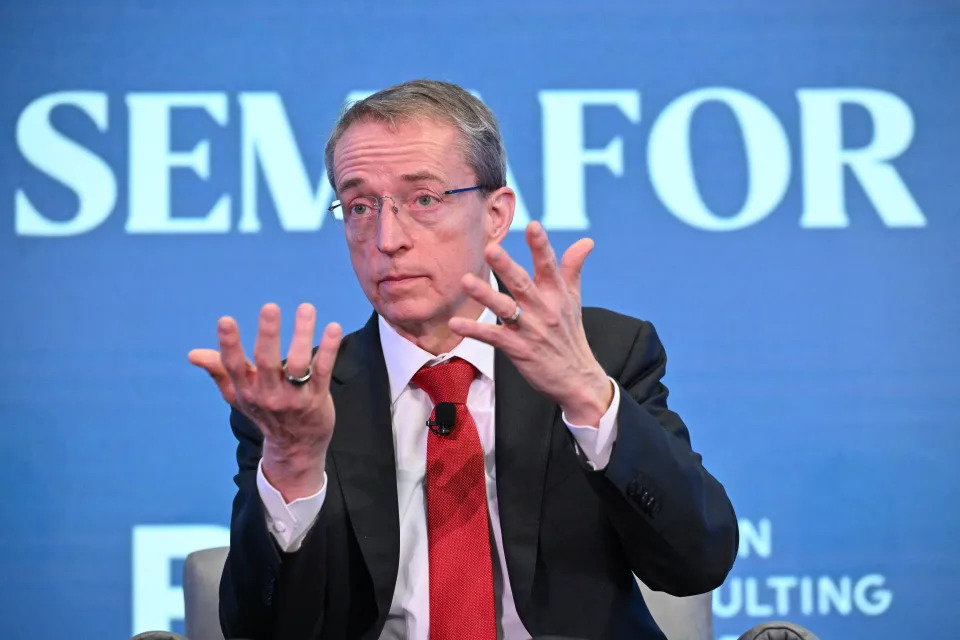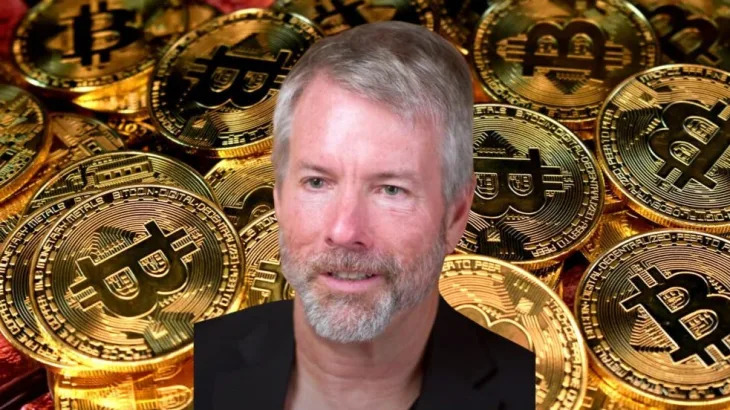Intel's stock ( INTC ) will enter 2025 in the penalty box , with an uncertain timeline for when it may return to the rink.
Shares of Intel have plunged 60% year to date, badly lagging the 29% advance for the Nasdaq Composite ( ^IXIC ). Meanwhile, shares of rival chip player Nvidia ( NVDA ) have surged 173% this year as the company takes a wide lead on artificial intelligence chip innovation compared to Intel and AMD ( AMD ). AMD's stock is down 17% this year.
"I think to some extent they [the stock] can still go down, but I think most of it is priced in," Manhattan Venture Partners head of research Santosh Rao said on Yahoo Finance's Morning Brief (see video above). "They really missed the boat. I think the chips have evolved, and they still stayed with the original compute business, but now it's more about training and AI and inferencing and all the other areas ... so they need to catch on on that side. It's going to take a while."
To be sure, 2024 was not a stellar year for the storied chip giant.
Intel parted ways with embattled CEO Pat Gelsinger on Dec. 1 .
Gelsinger led aggressive efforts to turn around the troubled US chipmaker for more than three years. Those efforts ranged from slashing thousands of jobs to improve costs and securing CHIPS Act money from the Biden administration to building chip-making plants and promising fast AI chips that compete with market leader Nvidia ( NVDA ).
A person familiar with the matter told Yahoo Finance at the time of the decision that the board had lost confidence in Gelsinger and that a change was needed before 2025.

Intel named CFO David Zinsner and former head of client computing Michelle Johnston Holthaus as the interim co-CEOs. Holthaus was also named Intel Products CEO.
Intel will likely fill the CEO role by bringing in a top name from outside the company, Wall Street sources told Yahoo Finance since Gelsinger's departure.
Any permanent CEO will have a mess to clean up . That starts with repairing trust with investors after missed financial targets and deciding whether to continue chasing a foundry business. It also requires immediately stabilizing the financials.
When it announced earnings in November, Intel revealed $15.9 billion in total non-cash charges related to inventory write-downs and lower performance expectations for certain businesses, such as autonomous driving firm Mobileye ( MBLY ), in which it owns a majority stake.
The company reported a $5.8 billion operating loss at Intel Foundry — Intel's upstart chipmaking business — on $4.4 billion in sales.
Intel took a cautious stance on the health of the foundry business and its artificial intelligence product roadmap in 2025, which unnerved investors further.
Intel's fourth quarter sales dropped 6% year over year to $13.3 billion. The quarterly net loss tallied $0.46 a share, worse than the $0.03 per share loss logged a year earlier.
"First of all, they need a good CEO who will have to execute a very coherent plan that will work," Rao said, adding that 2026 may be the earliest when the business begins to turn the corner.
"Until then, it's really a work in progress," Rao said.
The stock reflects the unknowns swirling around Intel. It's being valued on a price-to-earnings growth multiple (PEG) of 0.5 times, according to Yahoo Finance data . Typically, a PEG ratio of one or more indicates a company sporting healthy earnings growth and growth potential.
For instance, Nvidia and Apple ( AAPL ) trade on PEG ratios of 1 times and 2.3 times , respectively.
Interestingly, Intel shares now trade at a 13% discount to book value. Book value reflects the value of the company's assets after subtracting out liabilities. It estimates the total value shareholders would get if the company were to be liquidated.
"The CPU market has been flattish with increasing competition — and while we think a focus on products is critical, we also think it will take a while for that turnaround to happen, even after the next CEO is appointed," Evercore ISI analyst Mark Lipacis said. "We stay on the sidelines until there is move visibility into a turnaround."
Brian Sozzi is Yahoo Finance's Executive Editor. Follow Sozzi on X @BrianSozzi and on LinkedIn






